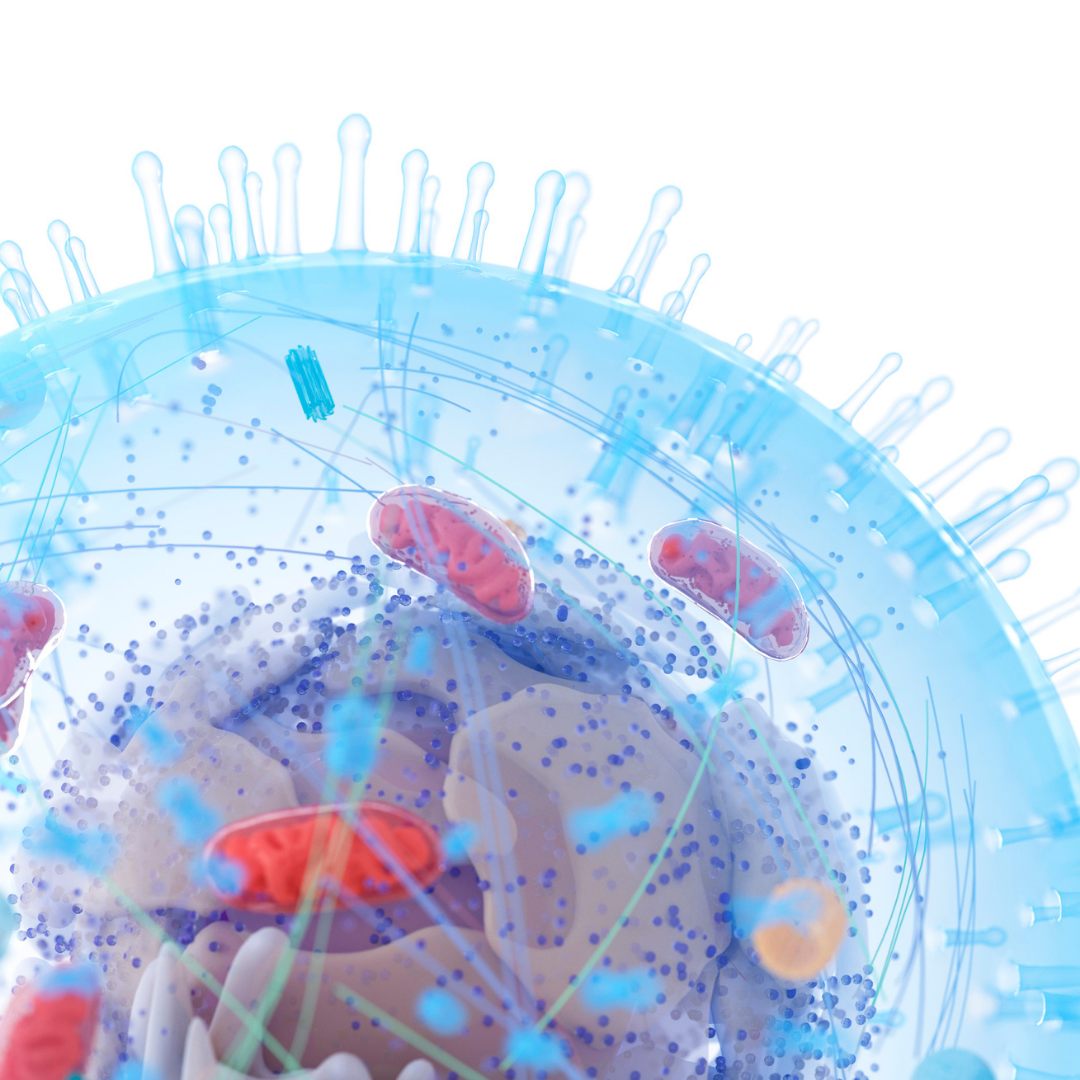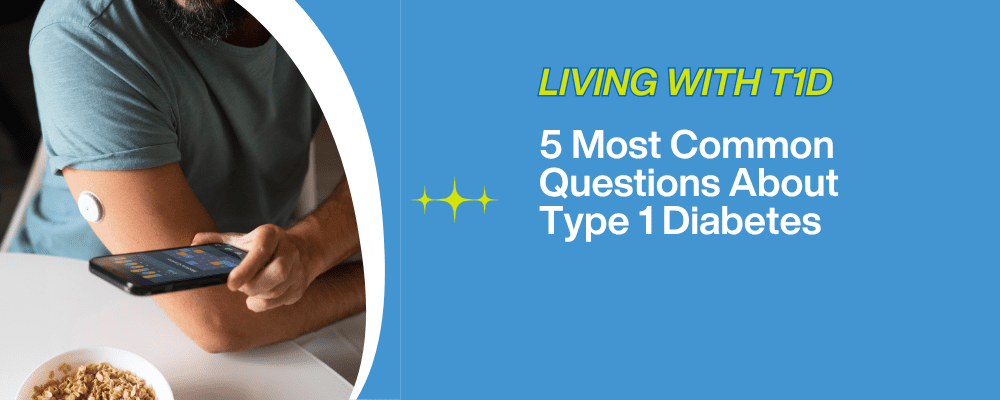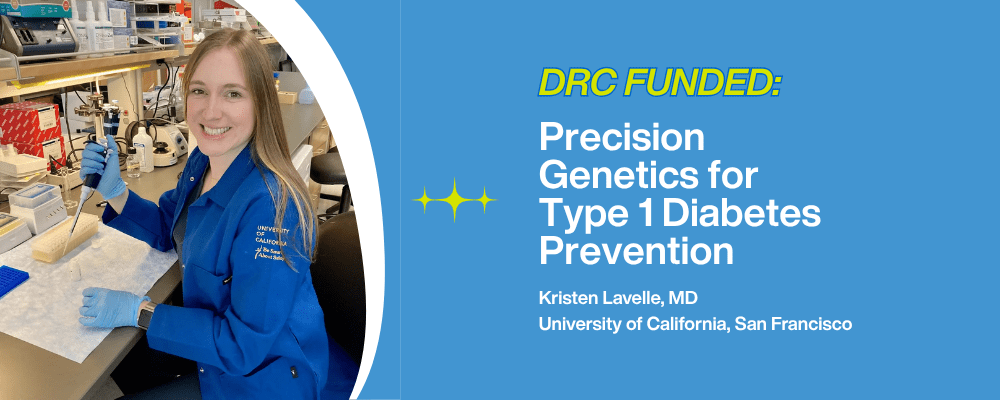Autoimmune diseases wreak havoc on the body and can be challenging to treat. They can cause severe inflammation and even cell death, as with type 1 diabetes (T1D). But researchers are striving to develop more effective therapies to manage and treat these conditions.
One approach that has shown positive results in early testing is the use of umbilical cord stem cells. A recent study by a team at the Diabetes Research Institute and Cell Transplant Center at the University of Miami Miller School of Medicine found that these cells may be beneficial in treating individuals with T1D and promoting recovery in patients with severe COVID-19.
The FDA has already approved this stem-cell therapy for testing as a potential treatment for T1D, which requires more targeted administration to ensure that cells are directed to the pancreas. These cells may help to calm the body’s hyperinflammatory immune response. Due to umbilical cord cells’ anti-inflammatory, immunomodulatory effects, they may also be effective in treating COVID-19 and could be administered easily through a blood transfusion.
The researchers administered two infusions of 100 million umbilical cord stem cells three days apart to 12 patients with severe COVID-19, while another 12 patients with the disease received a placebo IV. Of those treated with the stem cells, there was a 91% overall survival rate and a 100% survival rate of patients under age 85. The survival rate in the control group was 42%. In addition, more than 80% of patients who received stem cells recovered within 30 days, while less than 37% in the control group did.
Following these promising results, the researchers are now looking to conduct a larger trial to see if the treatment generates the same results on a larger scale. If so, umbilical cord stem cells may become one option for treating COVID-19. According to the study, “one umbilical cord recovered from a healthy newborn can generate more than 10,000 therapeutic doses.” Studies will also be done to better understand the stem cells’ effect on other autoimmune diseases such as T1D.
The Diabetes Research Connection (DRC) is excited to continue following these developments to see whether umbilical cord stem cells could be a viable therapeutic treatment option, especially when it comes to T1D or potential patients with T1D and COVID-19 who are at higher risk for complications.
The DRC is committed to improving understanding of T1D, enhancing treatment and prevention options, as well as finding a cure. The organization supports early-career scientists in pursuing novel, peer-reviewed studies related to type 1 diabetes by providing critical funding for their research. Find out more at http://localhost/drc.
Please DONATE NOW so DRC can keep bringing you credible, peer-reviewed T1D news and research.
Thank you




